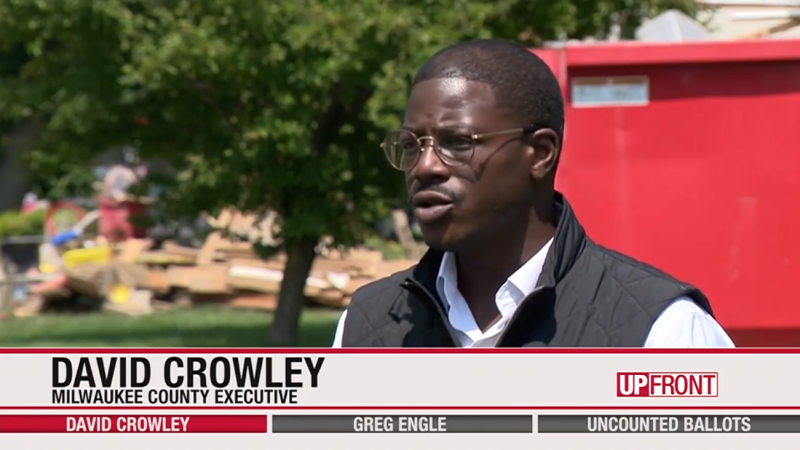Milwaukee County Executive David Crowley is praising the Evers administration’s response to major flooding last weekend as he prepares to launch a gubernatorial bid in the coming weeks. "You know, I haven't even been thinking about this run right now," Crowley said on WISN 12's "UpFront," which is produced in partnership with WisPolitics. "The most important thing is delivering for the folks right...
Please log in to access subscriber content.
If you don't have a subscription, please contact schmies@wispolitics.com for subscription options on the WisPolitics-State Affairs platform, which is the new home for WisPolitics subscriber products.

